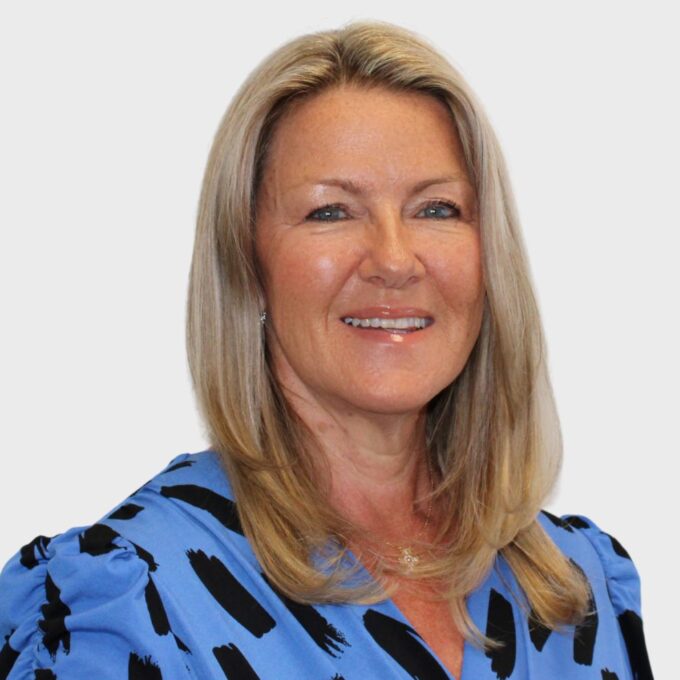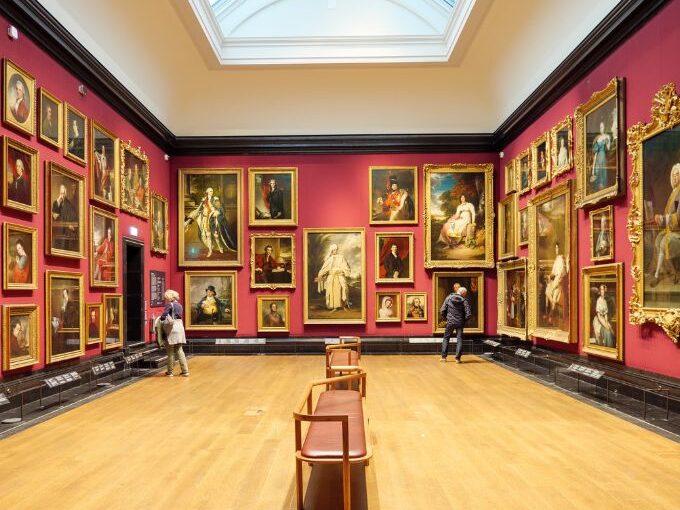Cultural considerations of wealth structuring for Middle Eastern clients
18 Dec 2023
Being a modern trustee means understanding that wealthy families – and their assets – are increasingly globalised and need tailored wealth structuring solutions that are often multi-jurisdictional.
Alongside the legal, tax, regulatory, and administrative considerations of cross-border wealth structuring, trustees must also never underestimate the importance of understanding and respecting their clients’ culture.
Whilst structures are set up in specific jurisdictions to meet the needs of each client, it is imperative that the culture of the individual or family is embraced and incorporated by the trustee.
Culture undoubtedly influences the financial and personal objectives of any client. It must always be at the centre of the decision-making process and of the relationships between clients and trustees.
The weight of cultural considerations varies for each client. For Middle Eastern clients this weight is substantial; their culture, law and religion are a way of being. Shari’a Law should be recognised and respected by a trustee, rather than viewed as something to be mitigated or ignored.
Building relationships and trust with any client is fundamental to the role of a trustee, and for Middle Eastern clients this can be a particularly lengthy process with several unique considerations.
Where possible, a trustee should endeavour to build relationships with each member of the family to educate them on the role of a trustee and purpose of a structure, and to also understand their individual and collective values. However, the culture for Middle Eastern families can mean that the patriarch – or matriarch – is the primary, or sometimes only, family member who will have a relationship with a trustee during their lifetime.
The size of a Middle Eastern family may also be considerably larger than an Asian or Western family. Under Shari’a Law, a man may have up to four wives, each with children, and so establishing relationships with a vast array of beneficiaries becomes a complex challenge for the trustee.
Certain Shari’a customs also pose a potential barrier to building relationships will all members of a Middle Eastern family. As a woman, I have the benefit of being able to meet with both men and women in the family, where a male trustee, or other professional, might be prohibited from meeting with the female family members without supervision.
With over twenty years’ experience working with Middle Eastern families, I have seen firsthand how respectful their culture is of women, both within their family, and professional service providers, including trustees and lawyers.
While there may be a perception that, under Shari’a Law, women do not benefit from family wealth in the same way as men, this is not the case. Generally, sons and daughters will inherit at a ratio of 2:1. On the surface, this may seem an unfair balance, however this structure is in place as it is a man’s responsibility to provide for the women in his family, so ultimately everyone benefits from this distribution of wealth. This is a prime example of why it is essential for trustees to take the time to understand the rationale behind Shari’a Laws, and to be entirely respectful of a client’s culture.
When it comes to wealth structuring, international assets and investments can be structured in such a way to strictly adhere to Shari’a Law, or can allow for more flexibility, depending on the preference of the client. Whereas on demise, the client will predominantly want the devolution of wealth to be in accordance with Shari’a Law.
Under Shari’a Law, generally there needs to be a male beneficiary to inherit family wealth. In a case where the immediate beneficiaries (eg the Settlor’s children) are all women, a male heir should be found, which may be a distant relative. This is sometimes a compelling reason for Middle Eastern families to establish international trust structures, which would enable immediate female heirs to benefit directly more than they would if the assets were held personally by the patriarch.
It is important to establish a Settlor’s wishes as to succession planning on establishment of the trust – supported by a letter of wishes – and to then revisit the subject regularly through their lifetime. It is particularly relevant to clarify whether the Settlor wishes for succession planning to be undertaken in accordance with Shari’a Law – stipulating which sect – or a variation of this.
In a case where we had a Settlor who wished for distributions to be made to their named heirs under Shari’a Law, we came across a fundamental issue that the Shari’a Law principles conflicted with underlying Common Laws governing the discretionary trust, under which there was a larger class of beneficiaries.
After extensive enquiries into the size and nature of the wider beneficial class, we arrived at a momentous decision which adhered to the Settlor’s wishes and were able to clearly demonstrate our rationale behind the decision and evidence that thought had been given to each class of beneficiary. In this case, due to the complex nature of the decision, we obtained a blessing from the Grand Court of Cayman, to protect the beneficiaries from any retrospective disputes being raised over the distribution of assets.
In my experience, one of the primary reasons why a patriarch or matriarch will put their wealth and assets into trust, is to ensure continuity. If assets and wealth are held within the individual’s estate, probate matters can see assets frozen for years. The probate process can be further drawn out, and costly, when disputes arise between the family, for example in the case of Aretha Franklin’s estate, which involved a five-year dispute between her children.
For Middle Eastern families, continuity is an important consideration in respect to family businesses, which account for around 90% of private companies in the UAE and Saudi Arabia.
When establishing wealth structures, it is important for a trustee to acknowledge that some family members may be more involved in the operations of the family business than others. It may be that the business is structured within trusts to split out the economic value from the business management. This ensures that the required beneficiaries benefit from the business – in accordance with Shari’a Law – while allowing for the business to be run smoothly with minimal family input.
As families, businesses and wealth continue to extend globally, we are also finding that Middle Eastern families are looking to mirror their domestic structures internationally. Trustees can facilitate this, by investing time and resources in understanding Middle Eastern culture and laws and building relationships.
This article was first published in ThoughtLeaders4 Private Client Magazine Issue 13.











